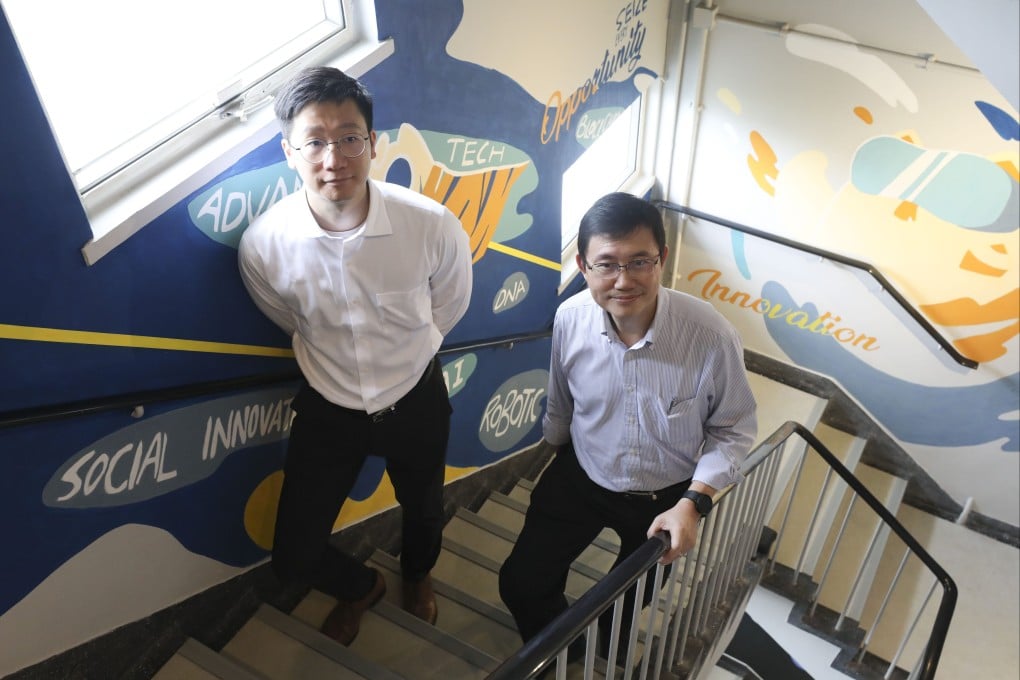Suffering from depression? Hong Kong team can help with AI and by looking into your eyes
Chinese University scientists have discovered an affordable way to estimate the risk of depression in people by harnessing artificial intelligence to analyse retinal images

The Chinese Communist Party’s third plenum in July set the country’s long-term direction on economic policy, with strategic industries such as AI and biomedicine targeted. Traditional enterprises will also be encouraged to transform with the help of technology. The Post looks at innovations by up-and-coming Hong Kong scientists who are already making waves and may be even the next big winners like tech giants DJI and SenseTime.
School bullies made life a nightmare for Hiu-yan, now a 23-year-old illustrator, from Form One to Five. When she sought help from family members, she was accused of lying, she recalled.
Her mental health deteriorated further after a classmate posted a photo of her and badmouthed her online when she was 17, finally forcing her family to take her to a doctor.
“I did not shower for days. I lost the motivation to eat and even lost interest in dancing, my favourite hobby,” she said.
“I also had suicidal thoughts. I wanted to buy many drugs to take.”
As the city grapples with worsening mental health problems, a team of scientists at the Chinese University of Hong Kong has discovered an affordable way to estimate the risk of depression in people by harnessing artificial intelligence (AI) to analyse retinal images, rather than by studying the brain.